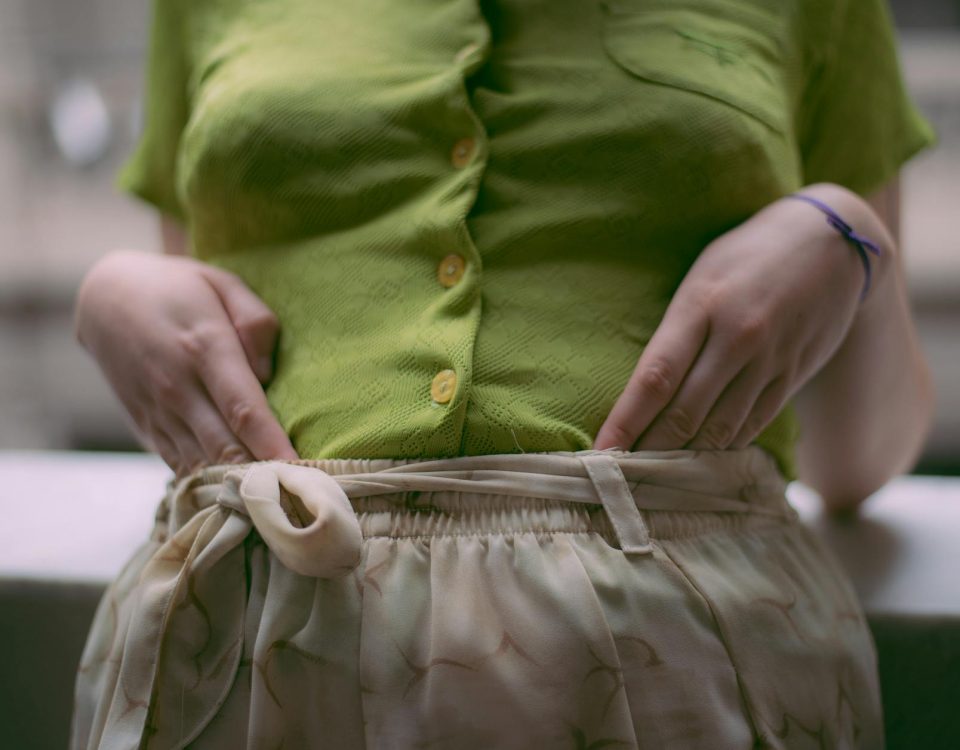
Eco-Friendly Fashion Brands to Support
May 11, 2024
Glamorous Red Carpet Fashion Moments
May 13, 2024Introduction: Eco-Friendly Fashion Choices to Make
In today’s world, the fashion industry plays a significant role in environmental impact. As awareness of sustainability and eco-consciousness grows, more and more individuals are seeking ways to make eco-friendly fashion choices. This article aims to explore various aspects of eco-friendly fashion and provide readers with insights on how they can contribute to a more sustainable future through their clothing decisions.
The Importance of Sustainable Fabrics
Sustainable fabrics are a crucial element in eco-friendly fashion choices. Fabrics like organic cotton, hemp, bamboo, and Tencel are not only better for the environment but also for the wearer. These fabrics are biodegradable, require less water and energy to produce, and often have a lower carbon footprint compared to traditional materials.
Supporting Ethical Fashion Brands
Choosing to support ethical fashion brands is another essential aspect of making eco-friendly fashion choices. By opting for brands that prioritize fair wages, safe working conditions, and sustainable practices, consumers can contribute to a more ethical and sustainable fashion industry. Supporting these brands helps create a demand for responsible production methods and promotes transparency within the supply chain.
Upcycling and Clothing Swaps
Embracing upcycling and participating in clothing swaps are creative ways to reduce waste and make eco-friendly fashion choices. Upcycling involves transforming old or unused clothing items into new pieces, giving them a new life and reducing the need for new production. Clothing swaps allow individuals to exchange clothes they no longer wear, promoting a circular economy and reducing the environmental impact of fast fashion.
Minimalism and Capsule Wardrobes
Adopting a minimalist approach and creating a capsule wardrobe are effective strategies for making sustainable fashion choices. By focusing on quality over quantity and investing in versatile, timeless pieces, individuals can reduce their overall consumption and minimize waste. Capsule wardrobes encourage mixing and matching items to create various outfits, promoting a more sustainable and mindful approach to dressing.
Conclusion
In conclusion, making eco-friendly fashion choices is not only beneficial for the environment but also for promoting a more ethical and sustainable fashion industry. By considering the materials, brands, and practices involved in clothing production and consumption, individuals can make a positive impact and contribute to a greener future through their fashion decisions.



